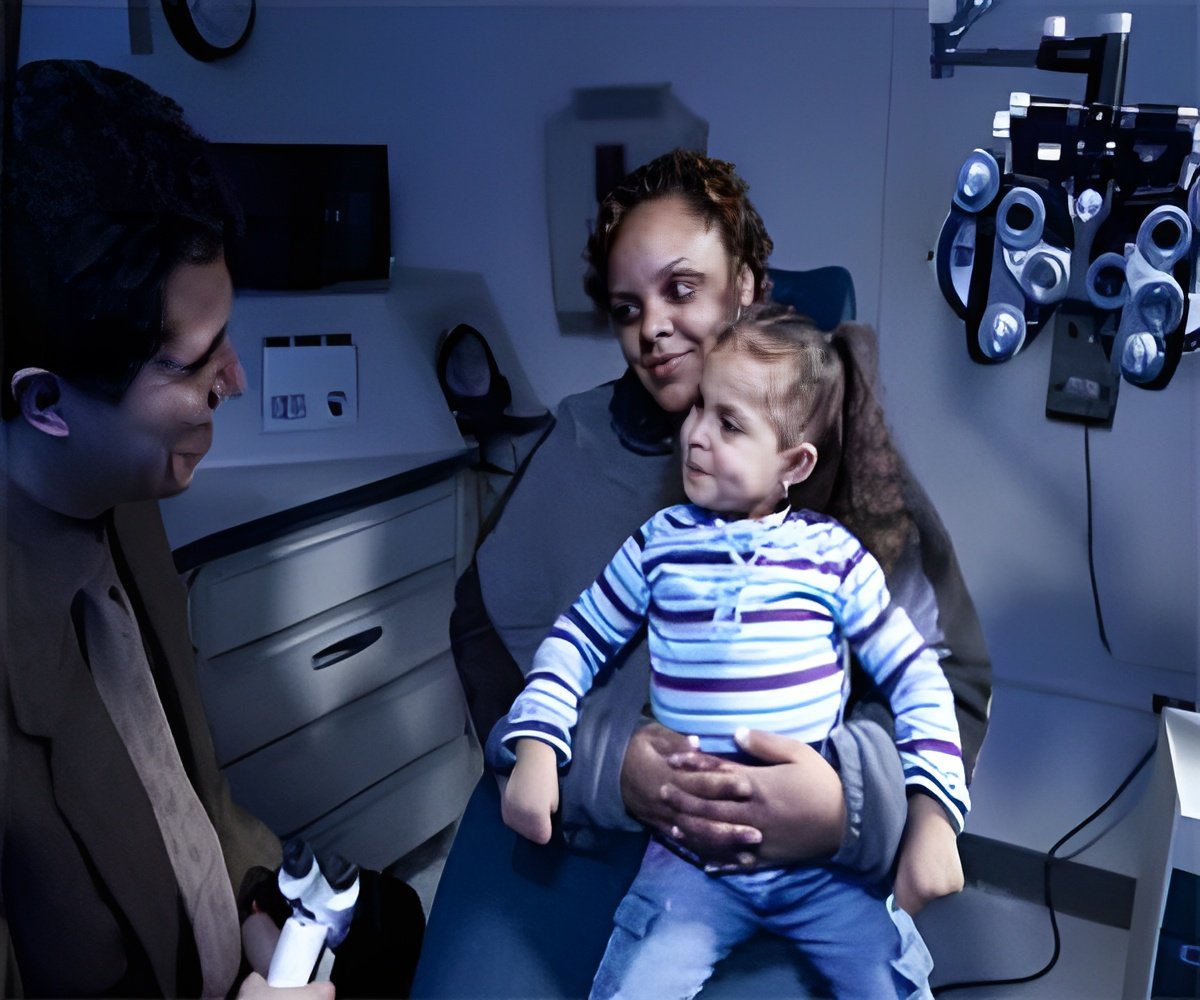
Researchers from the University of Iowa used data from the Agency for Healthcare Research and Quality's (AHRQ) Medical Expenditure Panel Survey to examine the healthcare trends of 84,595 families collected from 1996-2008. Included in the analysis were demographic, office-based, emergency room, and outpatient cases records. After controlling for factors, such as the presence of other children, insurance, and demographics, the authors found that well-child visits for children younger than six years old increased the probability of a flu-like illness in these children or their families during the subsequent two weeks by 3.2 percentage points.
This incremental risk could amount to more than 700,000 avoidable cases of flu-like illness each year and $492 million in direct and indirect costs, based on established estimates for outpatient influenza.
In a commentary accompanying the study, Lisa Saiman, MD, notes, "The true cost of flu-like illnesses are much higher since only a fraction result in ambulatory visits and many more cases are likely to result in missed work or school days. Furthermore, these flu-like illness visits are associated with inappropriate antimicrobial use."
The authors stress the importance of infection prevention and control in ambulatory settings, suggesting pediatric clinics follow recommended guidelines that include improving environmental cleaning, cough etiquette, and hand hygiene compliance.
"Even with interventions, such as the restricted use of communal toys or separate sick and well-child waiting areas, if hand-hygiene compliance is poor, and potentially infectious patients are not wearing masks, preventable infections will continue to occur," said Polgreen.
Advertisement
Source-Eurekalert








